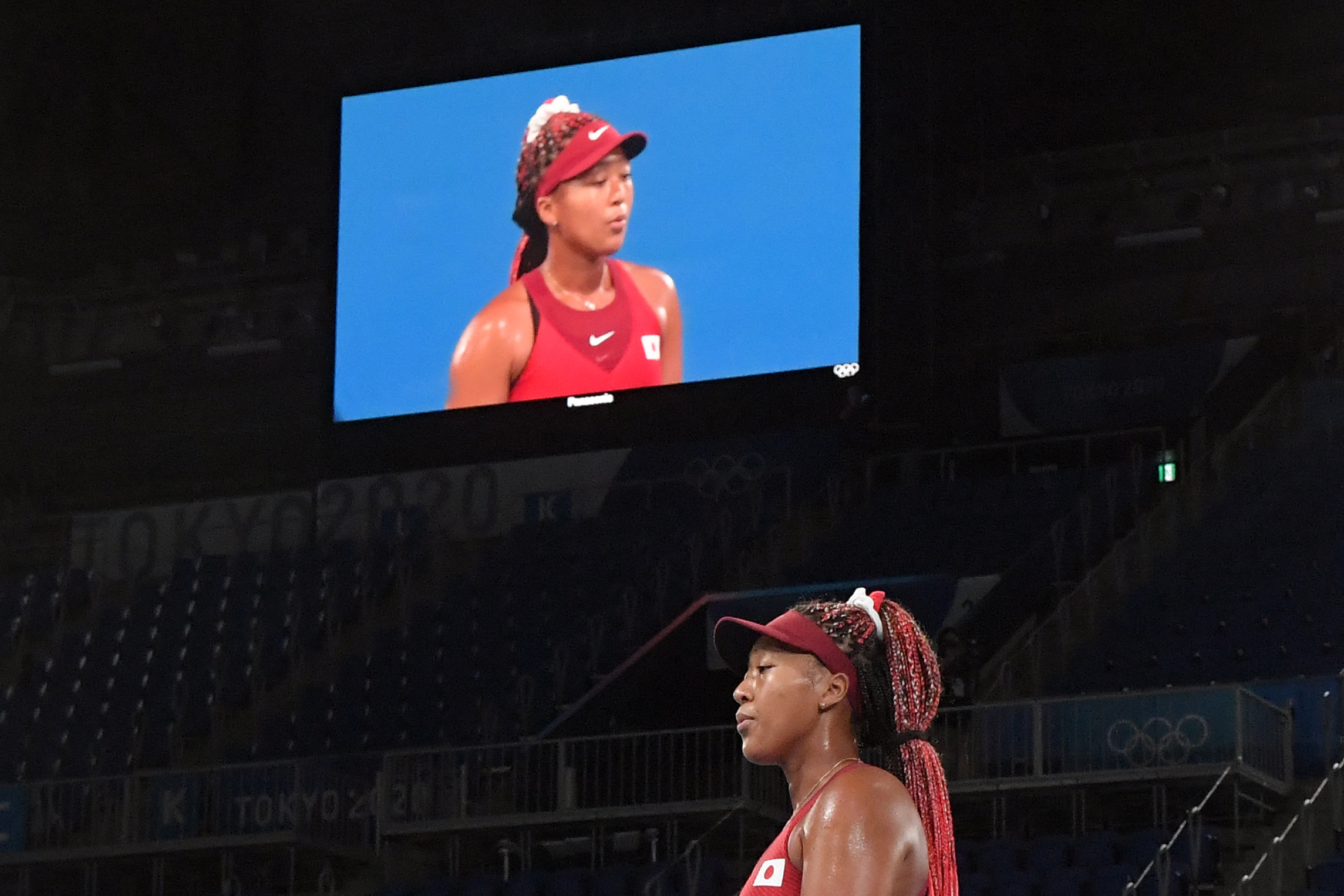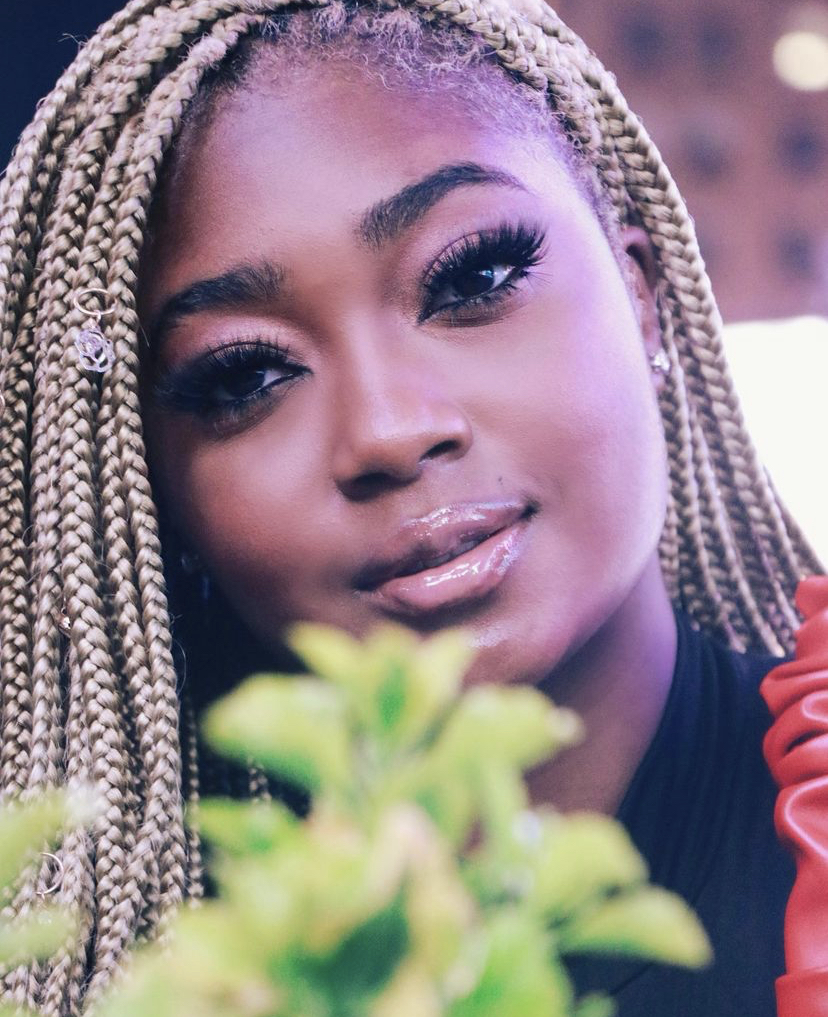

When Naomi Osaka first spoke out against the agony of press conferences ahead of The French Open, she was forthright in her delivery: mental health matters for athletes too. She valiantly faced the anticipated pushback and responsibly accepted the fines that would be levied against her, yet the sports world continue to ignore the glaring priority on her wellness. Osaka would later withdraw from the tournament and subsequently revealed that she has suffered from “long bouts of depression since the US Open in 2018.” Returning to her first-ever press conference since her previous departure, she once again was pressed against the towering questions and tearfully exited the exchange.
The virtual press conference, which took place in ahead of the Western & Southern Open in Mason, Ohio, began with questions about her return to courts, her preparation and Olympic performance. Shifting the discourse of the presser, Cincinnati Enquirer columnist Paul Daugherty told the four-time Grand-Slam champion, “You are not crazy about dealing with us, especially in this format.” Daugherty continued, “Yet you have a lot of outside interests that are served by having a media platform. I guess my question is, How do you balance the two?”
When Osaka questioned his implications, Daugherty clarified, “Well, you’ve said you don’t especially like the news-conference format, yet that seems to be obviously the most widely used means of communicating to the media and, through the media, to the public.” The remark, perceived by many as a condemnation of Osaka’s reticence to partake in pressers, was seen as a startling blow to the tennis star who remained transparent about her wrestle with social anxiety and depression.
In response, Osaka pointed to the blinding spotlight — along with the critics in the shadows — that has followed her since her formative years in the sport. “I would say in that regard I’m quite different to a lot of people and I can’t really help there are some things that I tweet or some things that I say that kind of create a lot of news articles and things like that,” she said. “I know that it’s because I’ve won a couple Grand Slams and I’ve gotten to do a lot of press conferences that these things happen, but I would also say I’m not really sure how to balance the two. I’m figuring out at the same time you are.”
Although she moved onto field the next set of questions, Osaka began to tear up, pausing interviews for five minutes to regain her composure. In his follow-up column to the censure he received, Daugherty praised Osaka’s “honest, thoughtful” answers and even noted that the 23-year-old is “very human and doesn’t mind showing it.” His attempt to quell the internet’s backlash also mentioned that his question may have been misinterpreted because the virtual format limits both “discussion or nuance.”
From his point of view, his question was harmless and interpreted outside of its original intent. However, it is harrowingly insensitive to reassert the notions that athletes must be subjected to media questioning to propel “their outside interests” — the very same notions Osaka publicly stepped away from earlier this summer. Osaka’s agent Stuart Duguid referred to the reporter as a “bully” and cited the exchange for intensifying the fraught nexus between athletes in the media. “Everyone on that Zoom will agree that his tone was all wrong and his sole purpose was to intimidate. Really appalling behavior,” Dugit said in an official statement to CNN. “And this insinuation that Naomi owes her off court success to the media is a myth – don’t be so self-indulgent.”













